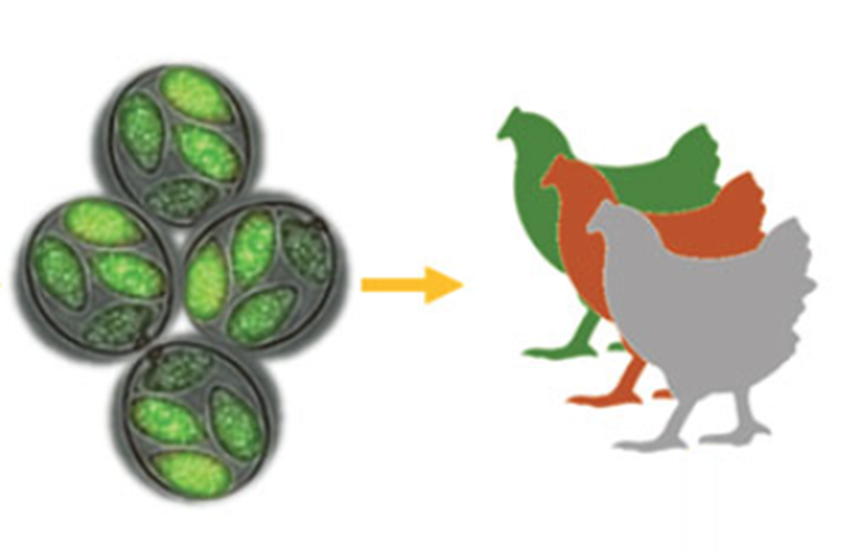Bloomsbury SET - new grant awarded
The Bloomsbury SET is a partnership between RVC, LSHTM, SOAS and LSE, who received a grant from Research England to support a range of activities to address the challenges of ‘pathogen emergence’ in Europe and LMIC through the Connecting Capabilities Fund.
Dr Virginia Marugan-Hernandez is being supported to work on the following project: "Development of a poultry vaccine platform based on transgenic coccidia parasites and evaluation of immunoprotection against necrotic enteritis".
Poultry meat and egg production has significantly increased in the past two decades in response to increasing demand for food by the world's population, especially in low-and-middle income countries. The sustainability of the poultry industry is challenged constantly by different factors. Increasing levels of antimicrobial resistance and public concerns about food safety, environment and animal welfare are driving changes in regulations which have operational consequences for the poultry sector. For example, control of important enteric diseases such as coccidiosis and necrotic enteritis (estimated annual costs of over US$5 billion) relies predominantly on the use of drugs. However, with new regulations to reduce usage of in-feed drugs and the preference of retailers to sell meat without antibiotics, the poultry industry needs to explore alternative approaches to avoid losses caused by re-emergence of these diseases.
For many diseases, vaccination is the best alternative and research in this direction represents a positive way forward. In this project, we propose to develop a flexible and novel vaccine platform for chickens based on the use of coccidian parasites as vectors. Using genetic engineering to produce parasites that express immunoprotective antigens from other avian pathogens, these novel vectors will be able to induce immunity against multiple infectious diseases using mass oral administration. In this project we will evaluate the efficacy of a vaccine product generated from this platform, aimed at controlling both necrotic enteritis and coccidiosis.

You may also be interested in:
-
New RVC study reveals novel insights into nail clipping in dogs in the UK
A new study by the Royal Veterinary College (RVC) VetCompass Programme has revealed that nail …

